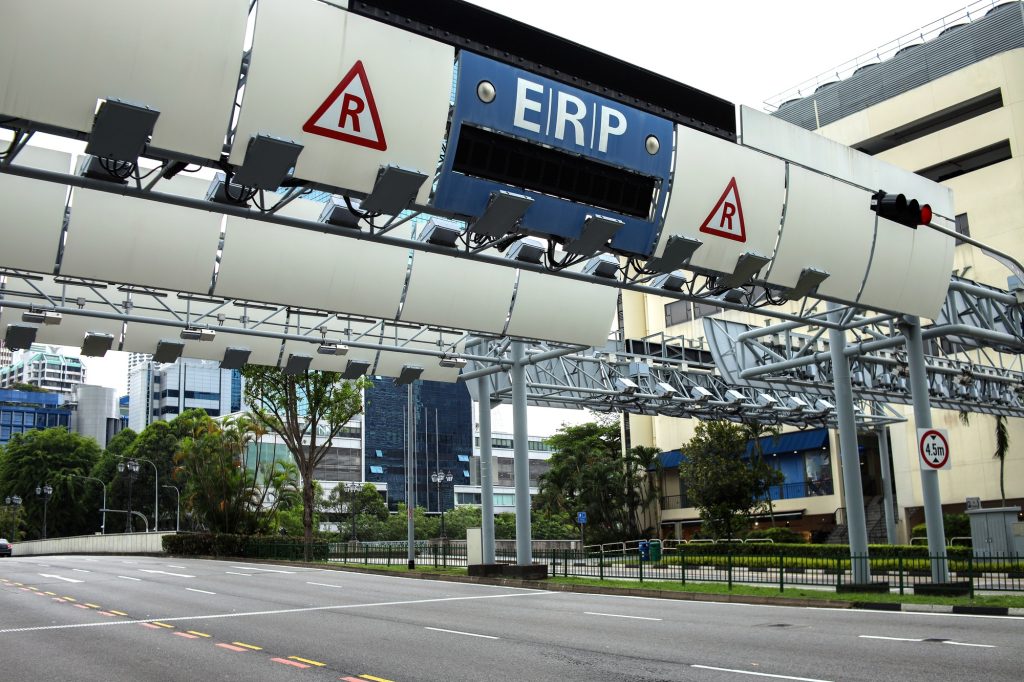Introduction
For many Zimbabwean businesses, ERP (Enterprise Resource Planning) systems have long been tied to expensive servers, complicated hardware, and on-site maintenance. But times have changed.
Today, more companies—from manufacturers in Msasa to retailers in Borrowdale—are moving their ERP systems to the cloud.
But what does that actually mean?
Simply put, a cloud-based ERP is one that’s hosted on secure internet servers, not in your office. You can access it anytime, anywhere—with just a computer or smartphone and an internet connection.
Let’s explore the top 7 benefits of hosting your ERP in the cloud, and why this move could be the smartest investment for your business.
1. Access Your Business Anytime, Anywhere
With a cloud-hosted ERP:
- Managers can approve orders while traveling
- Sales teams can issue invoices on the go
- HR can check employee data from remote offices
- Accountants can submit reports from home
This level of real-time access is a game-changer, especially for businesses with:
- Multiple branches
- Mobile teams
- Field operations
In a country like Zimbabwe, where flexibility is key, cloud ERP keeps your team connected regardless of location.
2. Save Money on Hardware and Maintenance
With on-premise ERP, you need:
- Servers
- Backup systems
- Antivirus software
- IT staff to manage it all
In contrast, a cloud ERP removes all that burden. Your data is hosted off-site by the provider, meaning:
- No server purchase
- No costly infrastructure
- No maintenance headaches
This significantly reduces your capital and IT operational expenses.
3. Automatic Backups and Security
Data loss can be devastating—whether caused by a power surge, theft, or accidental deletion. Cloud-based ERPs come with:
- Automatic backups
- Disaster recovery features
- Bank-level data encryption
- Access logs and user controls
This ensures your business information is protected, even if your office hardware fails or is stolen.
And with load shedding and erratic power cuts common in Zimbabwe, cloud systems keep your data safe 24/7.
4. Faster Deployment and Easy Updates
Setting up a traditional ERP system on a local server can take weeks or even months. A cloud ERP:
- Can be set up within days
- Requires no physical installation
- Is ready to use once configured online
Also, your provider handles system updates—no need to manually upgrade versions or shut down operations during upgrades.
You always have access to the latest features, automatically.
5. Scalability as You Grow
Cloud ERPs grow with your business. You can:
- Add more users
- Activate new modules (e.g., inventory, HR, CRM)
- Expand to more locations
- Increase storage space
You only pay for what you need, and you can scale up or down without major investments.
Whether you’re adding five staff or opening a new branch in Gweru, the cloud makes it easy to grow without IT bottlenecks.
6. Improved Collaboration Across Departments
In many businesses, departments work in isolation. Sales doesn’t know what’s in stock. Procurement doesn’t see what finance is doing. HR can’t track staff attendance effectively.
With a cloud ERP:
- All teams use the same system
- Data updates in real time
- Communication improves
- Duplication and data loss reduce
This breaks down silos and creates better business efficiency.
7. Disaster-Proof and Business Continuity
Zimbabwean businesses know how unpredictable things can be—power outages, hardware failures, or even office relocations.
With a cloud ERP:
- Your system is always up, even if your office is down
- You can access the system from anywhere in the world
- Employees can work remotely if needed
- You don’t lose productivity due to hardware failure
This kind of continuity is essential in today’s fast-paced business world.
Bonus: Easy Integration With Other Tools
Most cloud ERPs can connect with:
- E-commerce platforms (Shopify, WooCommerce)
- Payment systems (Paynow, Stripe)
- CRMs (Zoho, Salesforce)
- Payroll and HR software
- ZIMRA fiscal systems
This creates a fully integrated digital ecosystem without manual data transfers or spreadsheets.
Local Example: Cloud ERP in Action
Case Study:
A Harare-based distribution company with four branches used a desktop-based ERP system installed at head office. Whenever branches needed to check stock or submit orders, they had to call or email manually.
After moving to a cloud-hosted version of Odoo:
- Branches now access the same system in real-time
- Managers view sales reports from anywhere
- Customer orders are processed faster
- Server crashes and delays are a thing of the past
Result: improved service delivery and reduced operating costs.
Conclusion
You no longer need a big IT team or servers in your office to run a powerful ERP system. Cloud-based ERPs offer:
- Lower upfront costs
- Greater flexibility
- Better security
- Faster setup
- Real-time business control
Whether you’re running a school, a clinic, a manufacturing firm, or a service business in Zimbabwe, cloud ERP puts modern business management within reach.




